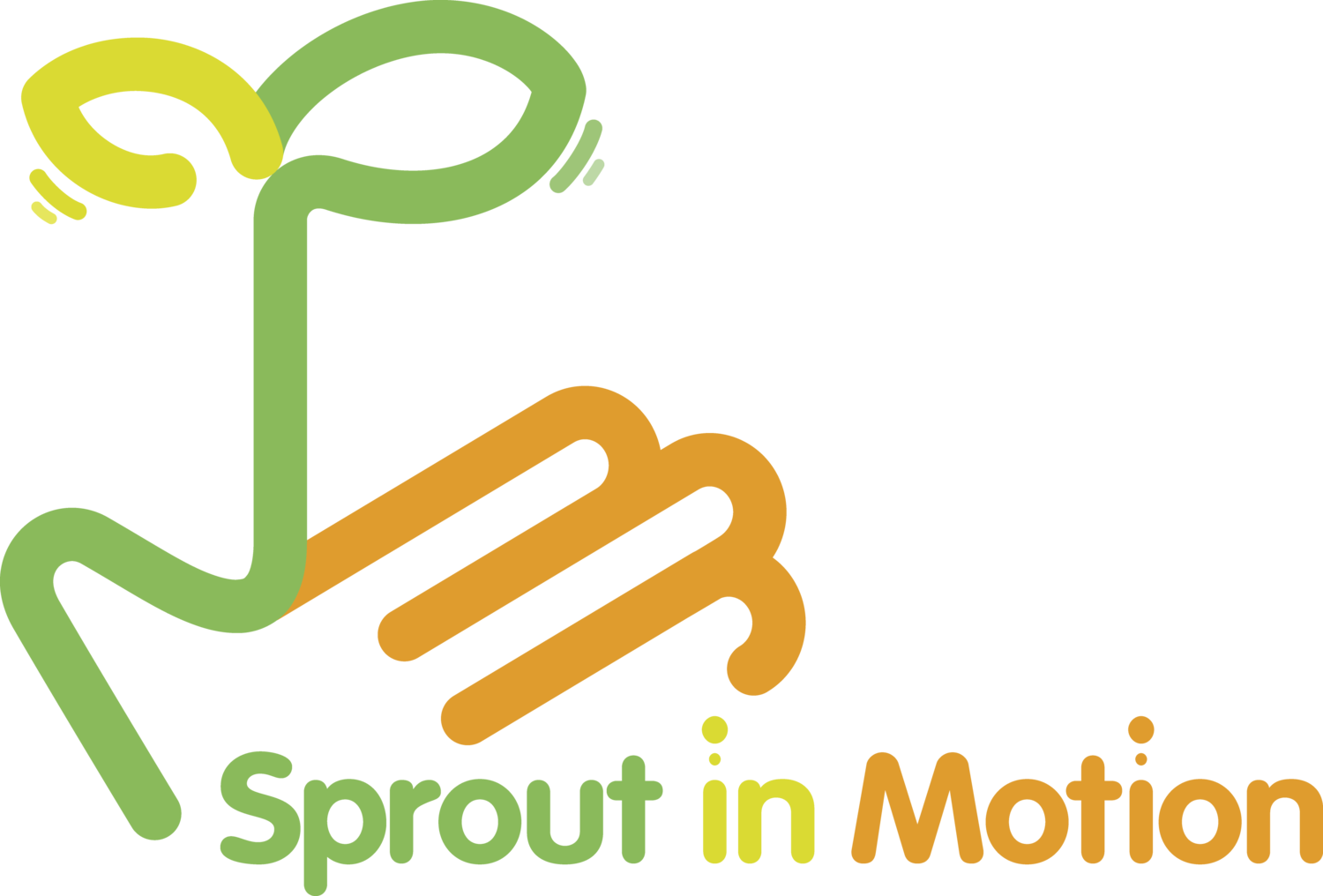Popsicles, Meltdowns, and Magic: Rewriting Summer Rules for Neurodivergent Kids
Summer brings a mix of opportunities and challenges for neurodivergent children, whose experiences with autism, ADHD, sensory processing differences, or other conditions vary widely. Understanding these dynamics helps parents create a supportive environment that maximizes benefits while mitigating stressors. Below, we explore the dual impact of summer and provide actionable strategies for families.
Positive Effects of Summer
1. Reduced Academic Pressure
- Benefit:
The break from school can alleviate stress tied to academic demands, tests, and rigid schedules.
- Example:
A child with ADHD might thrive in a flexible environment where they can explore interests like robotics or art without time constraints.
2. Opportunities for Sensory Exploration
- Benefit:
Outdoor activities (swimming, hiking, gardening) provide rich sensory input that aids regulation.
- Example:
Water play can help a child with sensory processing disorder tolerate tactile experiences in a calming setting.
3. Strengthened Family Bonds
- Benefit:
Increased family time allows for shared activities that build trust and communication.
- Example:
Collaborative projects, like building a birdhouse, can foster teamwork and joy.
4. Skill Development Through Play
- Benefit:
Unstructured play encourages problem-solving, creativity, and motor skills.
- Example:
A child with autism might develop social skills through guided playdates with peers who share their interests.
Negative Effects of Summer
1. Disrupted Routines
- Challenge:
Neurodivergent children often rely on predictability. Sudden changes can trigger anxiety or meltdowns.
- Example:
A lack of morning structure might lead to resistance in transitioning between activities.
2. Sensory Overload
- Challenge: Summer’s heat, bright sunlight, and crowded venues (pools, amusement parks) can overwhelm sensitive nervous systems.
- Example: Fireworks or festivals may cause auditory distress for a child with hyperacusis (sound sensitivity).
3. Social Isolation
- Challenge:
Reduced school interactions may limit social practice, especially for children who struggle with peer communication.
- Example:
A teen with social anxiety might withdraw without the routine of classroom group work.
4. Skill Regression
- Challenge:
Academic or therapeutic skills (speech, motor skills) may slip without consistent practice.
- Example:
A child working on handwriting may lose progress if not engaged over the summer.
What Parents Should Look For
1. Behavioral Shifts
- Signs of Stress:
Increased meltdowns, withdrawal, or sleep disturbances.
- Action:
Track triggers (e.g., heat, lack of downtime) and adjust plans.
2. Sensory Reactions
- Signs of Overload:
Covering ears, avoiding touch, or irritability in crowded spaces.
- Action:
Carry a “sensory toolkit” (noise-canceling headphones, fidgets, sunscreen).
3. Social Engagement
- Signs of Isolation:
Reluctance to join activities or discuss friends.
- Action:
Facilitate small, structured social interactions (e.g., game nights with familiar peers).
4. Academic Retention
- Signs of Regression:
Struggling with previously mastered tasks.
- Action:
Integrate learning into fun activities (e.g., math via cooking measurements).
Strategies for a Successful Summer
1. Create a Flexible Routine
- Use visual schedules (apps like *Todo Visual Schedule*) to outline daily flow while allowing spontaneity.
- Include “anchor” times (consistent meals, bedtime) for stability.
2. Plan Sensory-Friendly Outings
- Visit parks early in the day to avoid heat and crowds.
- Opt for quieter venues (nature reserves, libraries with sensory hours).
3. Maintain Social and Learning Connections
- Enroll in specialized camps (e.g., social skills groups or STEM workshops).
- Use apps like *Khan Academy Kids* for short, engaging educational sessions.
4. Prepare for Transitions
- Use social stories to explain vacations or new activities.
- Practice “first-then” strategies (“First we’ll shop, then we’ll get ice cream”).
5. Prioritize Self-Care for the Whole Family
- Swap childcare with other parents to carve out personal time.
- Simplify meals with pre-prepped ingredients or meal kits.
Embracing the Season’s Potential
Summer for neurodivergent children is a balancing act—celebrating freedom while maintaining enough structure to feel secure. By tuning into their child’s unique needs, parents can transform summer into a time of growth, discovery, and joy. As Dr. Temple Grandin reminds us, “The world needs all kinds of minds.” With thoughtful planning, summer can nurture those minds in ways that school-year routines cannot.
Key Resources:
- *The Out-of-Sync Child Has Fun* by Carol Kranowitz (sensory activity ideas).
- Understood.org’s *Summer Learning Guide* (academic retention strategies).
- Local autism societies often list inclusive summer programs.
“Summer isn’t about perfection—it’s about connection. Meet your child where they are, and let curiosity lead the way.”





